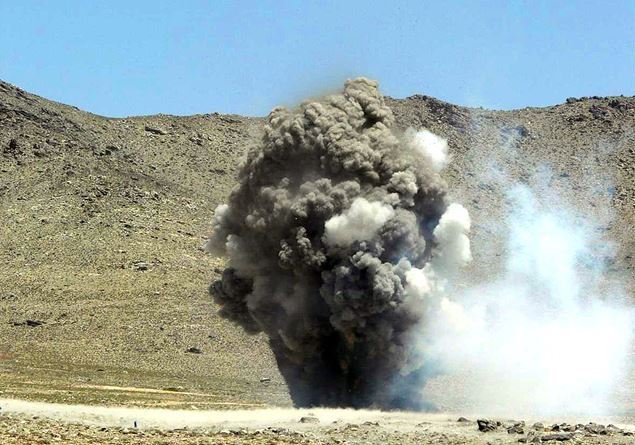
After long-range missiles, anti-personnel mines. The escalation of the conflict in Ukraine continues unabated. The Biden administration, now at the end of its mandate, has approved the supply of American anti-personnel mines to Ukraine to strengthen defenses against Russian attacks, after the collapse of the eastern Ukrainian front lines.
The announcement was made by Secretary of Defense Lloyd Austin. The Pentagon chief explained that the United States’ decision was motivated by Russia’s growing dependence on infantry, with assaults that see soldiers on foot instead of armored vehicles on the front lines.
The mines that will be supplied to Ukraine are called “non-persistent” and are designed to self-destruct after a certain period of time to reduce the long-term threat to non-combatants. However, their supply to the Ukrainians is a further sign of the escalation of a conflict in a territory, that of Ukraine, which at the moment is already the most mined in the world.
In an interview with the BBC, Human Rights Watch director Mary Wareham said the decision marks a “shocking and devastating development” for those working to eradicate landmines.
Mary Wareham’s position was echoed by the International Campaign to Ban Mines (Nobel Peace Prize in 1997), which condemned the United States’ decision “in the strongest possible terms”. “These horrific and indiscriminate weapons were banned by the 1997 Mine Ban Treaty, given the devastating impact they have on civilian lives and livelihoods,” added campaign director Tamar Gabelnick. According to the Treaty, “there are no circumstances under which Ukraine, as a State Party, can acquire, stockpile or use them,” he added.
The Italian campaign against mines (which has always had the support of Christian family) denounces the “terrible timing” of a “devastating decision”. Giuseppe Schiavello director of the Italian Campaign Against Mines calls for “the urgent Italian diplomatic commitment to avoid the sending of these further weapons which will cause suffering for decades to the Ukrainian people”.
The Ottawa Treaty which prohibits the use, storage, production and sale of anti-personnel mines throughout the world, also establishing the destruction of unexploded ones, came into force on 1 March 1999 and so far 164 have signed up to it. Countries, but not the United States and Russia.
Throughout the world, mines are scattered in various theaters of war. In addition to Ukraine, they have been used in several countries, such as Afghanistan, Somalia, Yemen and Myanmar. Often the victims of exploded mines are children, who sometimes mistake the mines for toys and are not aware of the danger. “Sneaky devices”, is how mines were defined by Pope Francis last March on the occasion of the 25th anniversary of the entry into force of the Convention on the prohibition of anti-personnel mines.
In April this year a single landmine explosion in Afghanistan killed nine children (5 boys and 4 girls) in the eastern part of the country. While in Myanmar, according to UNICEF, in 2023 the number of mine victims tripled compared to 2022.







